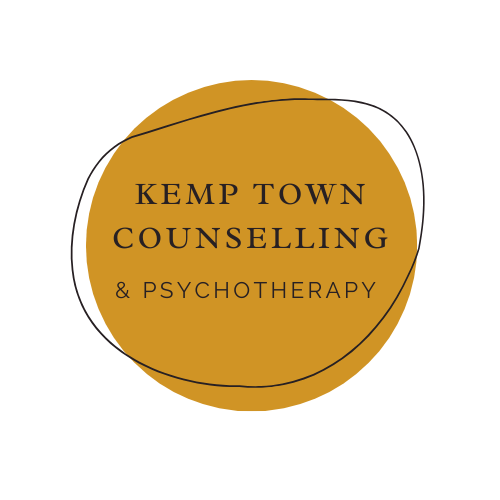Ways to support yourself during therapy
For many people, it is the first time they’ve got support for their mental health and so I wanted to offer some ideas as to how you can continue to look after yourself when not in session. Sleep and nourishment are key for any human being, but sometimes you might leave therapy with a residue of the session or unsaid emotions which is why I thought this post might help. Understanding yourself on a deeper level is one facet of wellness yet having rituals or routines (heck, we could even call it self-care) means you’ve got ways in which you can settle yourself when life gets a little stormy.
Walk. (or even run)
Not only does getting fresh air boost mood, raise your heart rate and means you can be eco-conscious when travelling from A-B but taking a stroll in your lunch hour or after dinner is a way for you to claim some personal space. The bi-lateral eye movement that happens when walking is the same as EMDR (eye movement desensitation reprogramming) creating stronger linked neural pathways. So… the hypothesis is that if walking boost mood then firing those neurones up when in a better mood is a good thing!
Journal.
Begin writing down thoughts, feelings or questions. Emptying your mind of the words whizzing around you head can help decompress the day or help increase your awareness surrounding your feelings. If you hate writing, then doodle, draw there are NO RULES. Some people prefer to journal online or in a word document. It’s entirely up to you the format in which it takes but simply GIVE IT A GO. It can also be a helpful tool to bring topics into the therapy room. Your therapist should never ask to see your journal but it’s up to you if you’d like to share an excerpt from it if you believe it will help you in your personal growth.
Time.
Give yourself the gift of time. Processing difficult emotions can be exhausting. If after a session you feel the need for a nap, then listen to that. Your body communicates in ways you may never have noticed before starting counselling. Now is the time to do things differently. Your reason for seeking therapy may have been around for years and it’s not going to be resolved or understood overnight. You’re doing some hard shit. Let yourself off the hook when you can.
No.
Say no to your therapist. I actively encourage it! If you consider that the therapeutic relationship is a condensed, more intense version of your relationships in the ‘real world’ then learning to say no is the first step in putting in boundaries in life. Boundaries is such a spacial, ethereal, non-tangible thing which can’t really be put into words but is a semi-preventative medicine - which is why they’re so important! If your therapist suggests you do something (such as visualisation or mindfulness) to which you immediately think “no fucking way!”, then tell them. Therapy is a place to try out new ways of being or to evolve your existing self into a more cemented version of you. It might feel clunky, or even impolite, but it’s healthy. A decent therapist will want you to claim your authority in the space. No doesn’t require justification. It’s a complete sentence in itself.
Laugh.
Humour has been quoted as being the best medicine yet in the therapy arena it has a bad reputation for no reason! Having a good giggle with a loved one, watching your favourite comedy program or gig releases a juicy dose of endorphins which is why I’d recommend ensuring you invite it into your life - but only at a point that you feel comfortable to. Forcing yourself to try and remain ‘positive’ and ‘happy / fun’ could mean you’re suppressing other emotions that might be trying to make themselves known. And we know that you’ve got to ‘NAME IT, TO TAME IT’ when it comes to emotions otherwise they can come out sideways.
Connect.
With people, nature, books, poetry, whatever healthy way brings you a simple pleasure and a warm glow afterwards. Spending time in the company of others stimulates our brains through the mutual exchanges that occur. We can leave a conversation feeling nourished or inspired. Notice who you spend time with and how their energy / outlook / perspective on life affects you - do you feel exhausted afterwards, or angry? Nature connects us back to the wonder of life itself whilst books, poetry or film are ways to cultivate empathy. By putting ourselves into another person’s frame of reference we can imagine what life might be like for them, which in turn aids us in our everyday communication as empathy is a little like a muscle. The more we use it, the stronger it gets. Connecting with your breath as a simple mindfulness process, can also help with body awareness and reduce stress.
I hope this post has given you some food for thought as to how you can support yourself whilst in therapy, so you can get the most from your experience.


